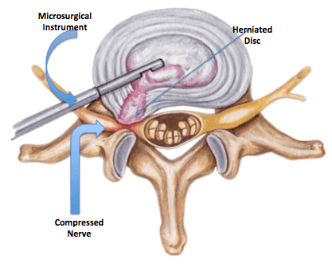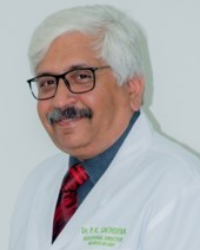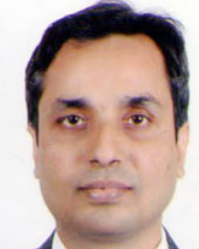Herniated Spinal Disc
Spinal discs play a crucial role in the lower back, serving as shock absorbers between the vertebrae, supporting the upper body, and allowing a wide range of movement in all directions.
If a disc herniates and leaks some of its inner material, though, the disc can quickly go from easing daily life to aggravating a nerve, triggering back pain and possibly pain and nerve symptoms down the leg.
Many terms may be used to describe issues with a spinal disc and disc pain, and all may be used differently and, at times, interchangeably.
Some commonly used terms include:
- Herniated disc
- Pinched nerve
- Ruptured/torn disc
- Bulging disc
- Disc protrusion
- Slipped disc
A herniated disc and degenerative disc disease typically occur in :
- Cervical spine (neck)
- Lumbar spine (lower back)- Most common and often combined with Sciatica.
- Thoracic spine (mid-back)- Very rare
Minimally Invasive Microdiscectomy

A microdiscectomy (also called a microdecompression) is usually more effective for relieving leg pain (also known as radiculopathy, or sciatica) than lower back pain.
Lumbar microdiscectomy is arguably the most common minimally invasive spine surgery, and the patient outcomes are impressive (the success rate is approximately 95%).
A minimally invasive lumbar discectomy involves removing a small portion of the bone over the nerve root and/or a portion of the intervertebral disc from under the nerve root to relieve nerve compression and provide space for the nerve to heal.
A minimally invasive lumbar discectomy utilizes surgical instruments specially designed for minimally invasive spine surgery (MISS). These small instruments allow the surgeon to separate muscles and other soft tissues instead of cutting them. This means less postoperative pain after surgery. MISS procedures are typically safer, quicker, and get you back on your feet faster than traditional “open” spine surgery.
Benefits of MISS include:
- Smaller incision
- Less blood loss
- Lower risk of muscle and soft tissue damage
- Lower risk of infection
- Reduced postoperative pain
- Reduced pain medication use
- Faster recovery
Top Doctors In India For Minimally Invasive Microdiscectomy

Dr Rajul Agarwal
27 years of experience , New Delhi, Delhi/NCR, India

Dr. P K Sachedeva
22 years of experience , New Delhi, Delhi/NCR, India

Dr. Prashant Kr. chaudhary
8 years of experience , New Delhi, Delhi/NCR, India

Dr. Anil Kumar Kansal
23 years of experience , New Delhi, Delhi/NCR, India
Top Hospitals In India For Minimally Invasive Microdiscectomy
Jaypee Hospital, Noida
Established in : 2013
BLK Super speciality hospital, New Delhi
Established in : 1959
Artemis Hospital, Gurugram
Established in : 2007
Fortis Memorial Research Institute, Gurgaon, Gurugram
Established in : 2013






